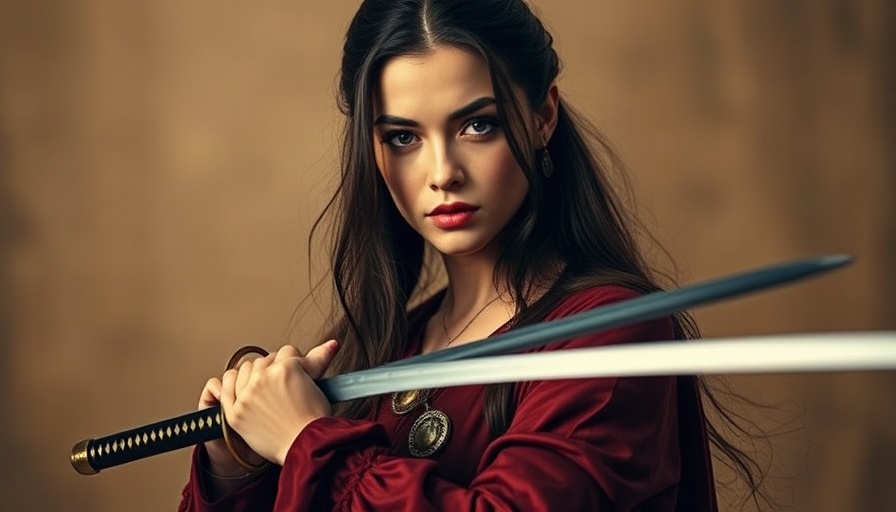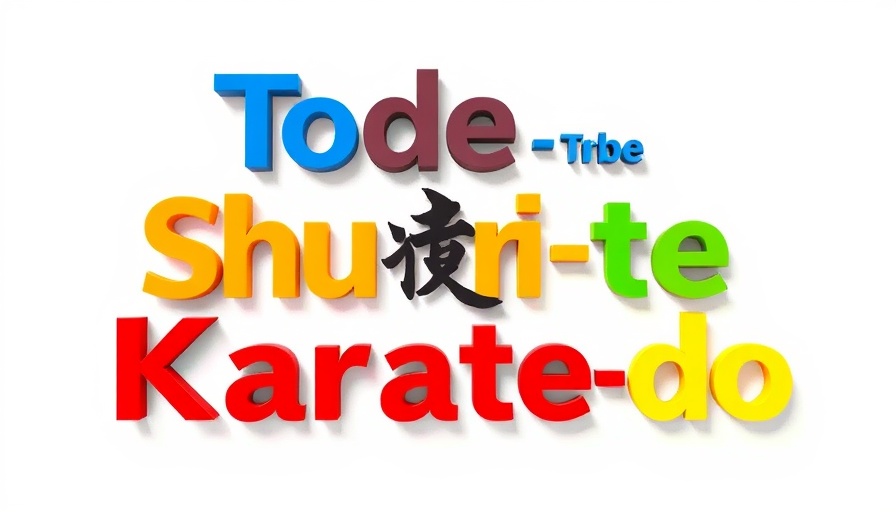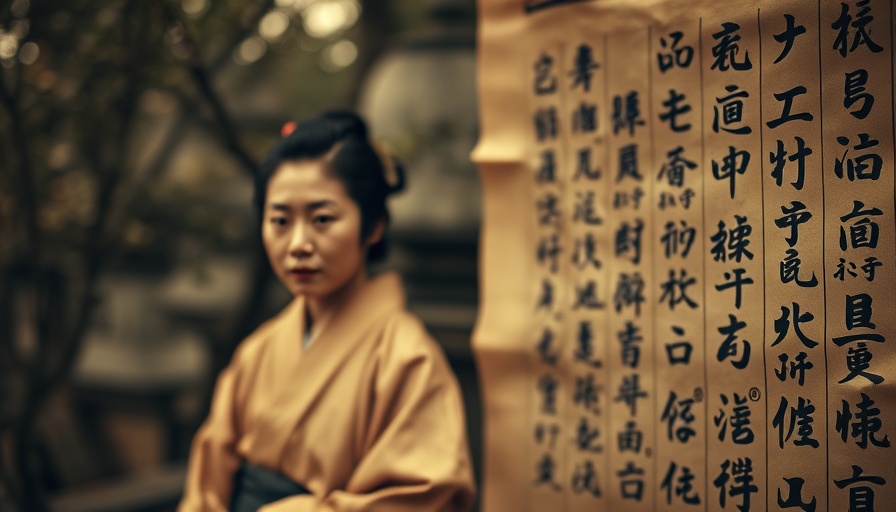
The Renaissance Spirit Lives in Martial Arts
In a world often obsessed with specialization and narrow definitions of success, the modern renaissance connects deeply with martial arts, a discipline that embodies the spirit of the polymath. The term “Renaissance Person” captures the essence of a well-rounded individual, capable of excelling in multiple fields — a trait equally cherished in martial arts practice.
Understanding the Polymath: A Historical Context
Historically, the Renaissance period from the 14th to the 17th century celebrated figures such as Leonardo da Vinci and Galileo Galilei, who were known for their broad expertise across various disciplines — art, science, and literature. The concept of the polymath is a rich tapestry from which the philosophy of martial arts draws, urging martial artists to cultivate not just physical prowess but also intellectual and emotional depth.
Martial Arts: A Path of Holistic Development
Martial arts training extends beyond physical combat, becoming a transformative journey blending mind, body, and spirit. Practitioners engage in lifelong learning, similar to their polymath counterparts, and understand that mastery is a continuous path - exemplified by the fact that a black belt is merely one step on the grand path of self-improvement.
The Synergy of Mind and Body: A Parallel Journey
Much like the Renaissance individual, a martial artist thrives on the integration of mental and physical challenges. For example, both engage in activities that require critical thinking, emotional harmony, and ethical considerations. In a dojo, the focus is not merely on the techniques learned, but also on understanding their philosophical roots, just as a polymath connects diverse fields.
Cultural Awareness: Learning from the Past
A significant aspect of both being a polymath and a martial artist is the understanding and respect for cultural heritage. A skilled martial artist often immerses themselves in the history and philosophies underpinning their discipline, drawing from ancient teachings to inform their current practices. This cultural depth adds layers to their training, fostering an appreciation for the art form's rich history.
The Influence of Philosophical Teachings
Like the historical polymaths, martial artists are often guided by deep ethical principles. The Bushido code, akin to the philosophical frameworks admired by Renaissance thinkers, shapes the character of the martial artist. This interconnectedness emphasizes the importance of self-discipline, respect, and inner peace.
From Local to Global: The Impact of Martial Arts
Martial arts is a universal discipline that resonates on both local and global scales. The lessons learned within the dojo can transform personal lives and foster community connections, reflecting the attributes of a true polymath. This discipline invites practitioners to explore their potential not just as fighters but as contributors to society and culture.
Every Journey is Unique
As you take your own steps in the martial arts world, consider the avenues of human study and expression that intersect with your journey. Whether through physical training or philosophical inquiry, each experience enriches your path, reflecting the ideals of the modern polymath.
As we embrace the modern renaissance through martial arts, we open ourselves up to the endless possibilities of growth and exploration, inviting every individual, young or old, to discover their own potential.
 Add Row
Add Row  Add
Add 








Write A Comment